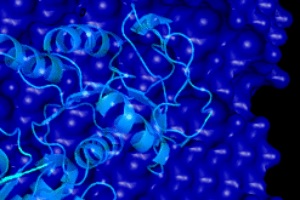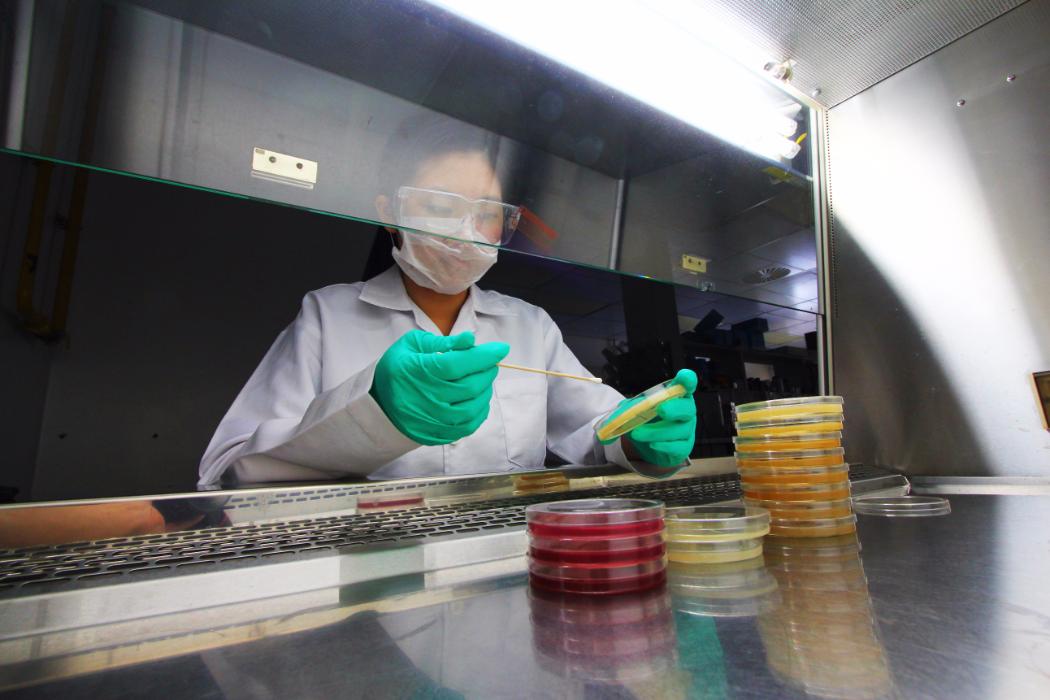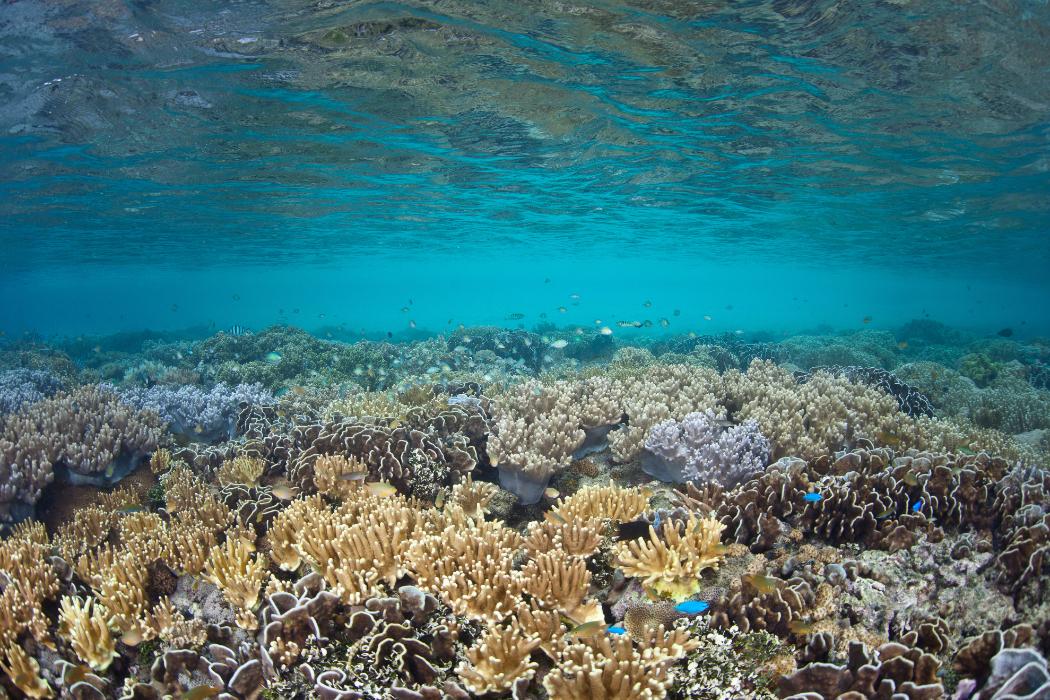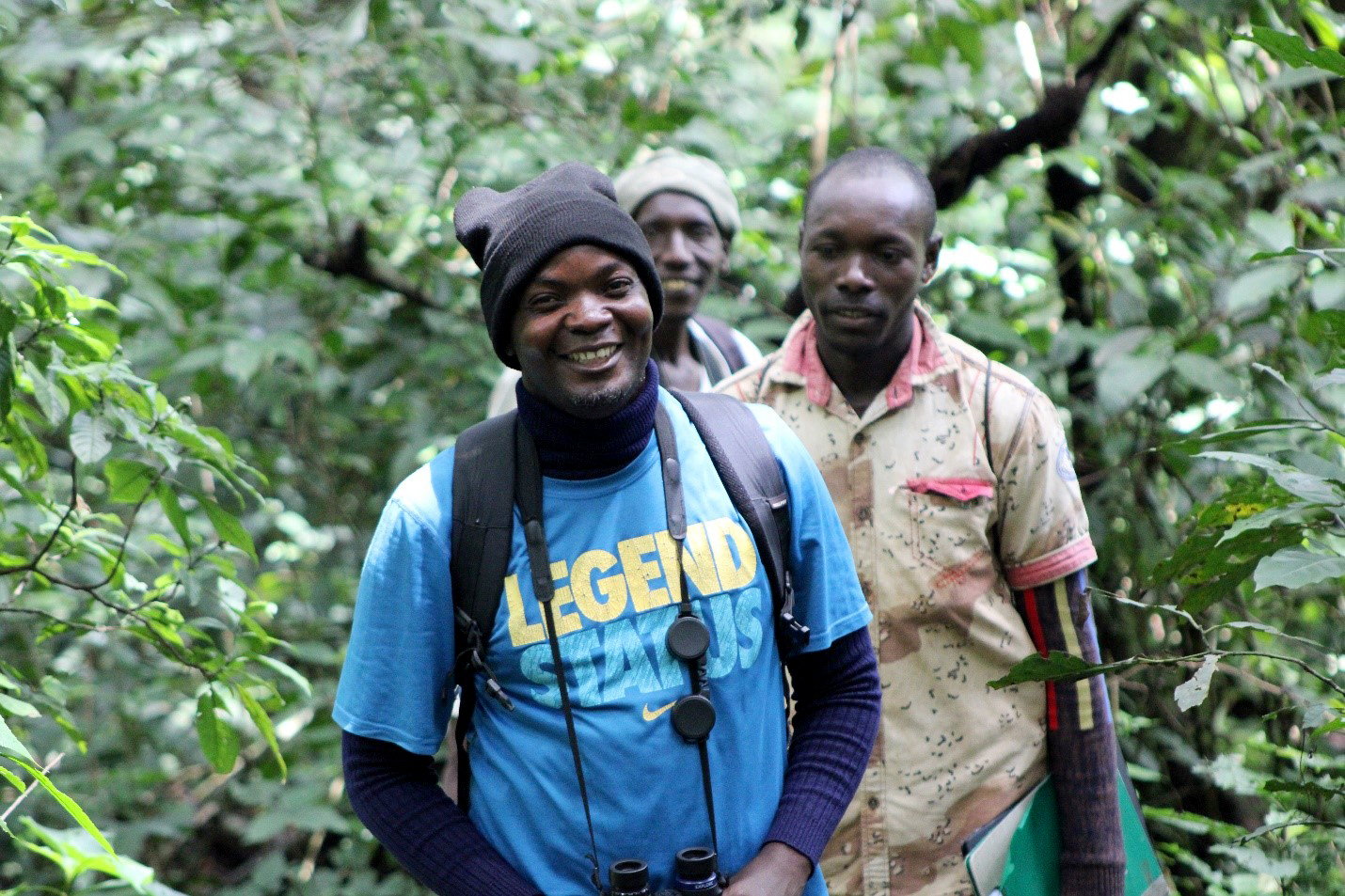Canterbury Distinguished Professor David Schiel is one of New Zealand's leading marine scientists and was awarded the University of Canterbury Research Medal for his work.
Canterbury Distinguished Professor David Schiel is one of New Zealand's leading marine scientists and was awarded the University of Canterbury Research Medal for his work.
Research underpins our teaching and is conducted across three main fields: Biotechnology, Biodiversity and Biosecurity.
The application of biological understanding to provide products that benefit society and support sustainable economic development.
Defining, sustaining and rehabilitating the diversity of life contained in New Zealand’s natural and managed ecosystems.
Protecting our native biota from threats imposed by invasive organisms and understanding the potential impacts of genetic technologies on our environment.
The Biomolecular Interaction Centre (BIC) is a multi-disciplinary research centre dedicated to the study of molecular interactions critical to biological function. Learn more about the Biomolecular Interaction Centre by exploring the links below.

The Biomolecular Interaction Centre (BIC) is a multi-disciplinary research centre dedicated to the study of molecular interactions critical to biological function. Learn more about the Biomolecular Interaction Centre by exploring the links below.


UC's Centre for Integrated Research in Biosafety (INBI) aims to contribute to increased understanding and more effective management of emerging biotechnologies. Learn about the Centre for Integrated Research in Biosafety.

UC's Centre for Integrated Research in Biosafety (INBI) aims to contribute to increased understanding and more effective management of emerging biotechnologies. Learn about the Centre for Integrated Research in Biosafety.


UC's Centre of Excellence in Aquaculture and Marine Ecology (CEAME) is a partnership approach for training students by the National Institute of Water and Atmospheric Research (NIWA) and UC's School of Biological Sciences. Learn more about the Centre of Excellence in Aquaculture and Marine Ecology.

UC's Centre of Excellence in Aquaculture and Marine Ecology (CEAME) is a partnership approach for training students by the National Institute of Water and Atmospheric Research (NIWA) and UC's School of Biological Sciences. Learn more about the Centre of Excellence in Aquaculture and Marine Ecology.


For over twenty years the Project has combined scientific research with education at tertiary and local community levels to conserve a rare Nigerian afromontane forest reserve. This work has enabled us to develop a model for long-term sustainable management of forests involving local communities, which is applicable across the world. Learn more about this Project and get involved.

For over twenty years the Project has combined scientific research with education at tertiary and local community levels to conserve a rare Nigerian afromontane forest reserve. This work has enabled us to develop a model for long-term sustainable management of forests involving local communities, which is applicable across the world. Learn more about this Project and get involved.


The Freshwater Ecology Research Group (FERG) is a co-operative group of researchers. It includes experienced academic staff, early career researchers, students, and technicians based in UC's School of Biological Sciences. Our collective desire is to improve the plight of freshwater ecosystems. Learn more about this group.

The Freshwater Ecology Research Group (FERG) is a co-operative group of researchers. It includes experienced academic staff, early career researchers, students, and technicians based in UC's School of Biological Sciences. Our collective desire is to improve the plight of freshwater ecosystems. Learn more about this group.


The Canterbury Waterway Rehabilitation Experiment (CAREX) is a stakeholder-driven stream restoration experiment. We work with farmers, councils, iwi, and the public to codevelop, codesign, and trial solutions to restore the health of freshwater ecosystems. Learn more about the Canterbury Waterway Rehabilitation Experiment.

The Canterbury Waterway Rehabilitation Experiment (CAREX) is a stakeholder-driven stream restoration experiment. We work with farmers, councils, iwi, and the public to codevelop, codesign, and trial solutions to restore the health of freshwater ecosystems. Learn more about the Canterbury Waterway Rehabilitation Experiment.


By clicking "Accept All Cookies", you agree to the storing of cookies on your device to enhance site navigation, analyse site usage, and assist in our marketing efforts.
0800 827 748 (within NZ)
+64 3 369 3999
Ext: 92111 (from a campus landline)
Direct dial: 0800 823 637
University of Canterbury | A Fair Trade University

